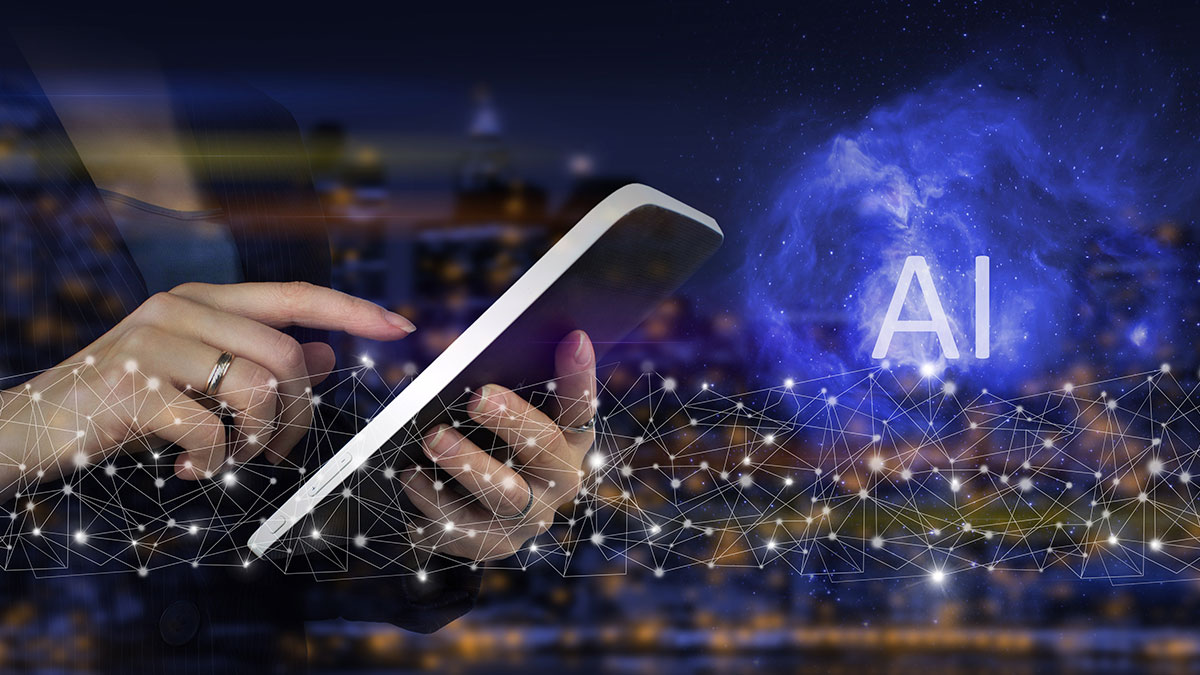Artificial intelligence (AI) apps are becoming increasingly prevalent in our daily lives, from virtual assistants to automated customer service chats. However, as AI technology continues to advance, there are concerns regarding the ethical implications of these apps. In this article, we will explore the ethics of AI apps, the potential risks, and the ways in which we can ensure that AI is developed and used responsibly.
- Bias and Discrimination One of the most significant ethical concerns regarding AI apps is the potential for bias and discrimination. AI algorithms rely on historical data to make decisions, and if this data is biased, the algorithm’s output can perpetuate this bias. For example, a facial recognition algorithm may be less accurate in identifying individuals with darker skin tones because the training data used to develop the algorithm primarily included images of people with lighter skin tones. This can result in discrimination against individuals who are not accurately recognized by the algorithm.
To address this issue, it is essential to ensure that the training data used to develop AI algorithms is diverse and representative of the population. Additionally, algorithms must be regularly audited to identify and correct any biases that may have developed.
- Privacy and Security AI apps often collect vast amounts of data about their users, including personal information, browsing history, and online behavior. There is a risk that this data can be misused or compromised, leading to privacy breaches or cyber-attacks. It is crucial that AI apps are designed with strong security protocols to protect user data and that data is collected and used transparently, with user consent.
- Transparency and Accountability AI algorithms can be complex, making it difficult for users to understand how they arrive at certain decisions. This lack of transparency can lead to a lack of accountability, making it challenging to identify and address any biases or errors in the algorithm. It is essential that AI apps are designed to be transparent, with clear explanations of how they work and how they make decisions. Additionally, there must be mechanisms in place for auditing and monitoring AI apps to ensure they are operating as intended.
- Job Displacement AI apps have the potential to automate many tasks that were previously performed by humans, leading to concerns about job displacement and unemployment. While AI has the potential to increase productivity and create new job opportunities, it is essential to consider the impact on individuals who may lose their jobs due to automation. It is important to develop strategies to reskill and retrain individuals whose jobs may be impacted by AI.
- Responsibility and Accountability As AI becomes increasingly prevalent, it is crucial to consider who is responsible for the decisions made by AI algorithms. In cases where AI decisions have significant consequences, such as in autonomous vehicles or medical diagnosis, it is essential to establish clear lines of responsibility and accountability. It is important to ensure that there are mechanisms in place to investigate and address any issues that may arise from AI decisions.
In conclusion, the ethical implications of AI apps must be considered as this technology continues to advance. As we develop and use AI apps, we must ensure that they are developed and used responsibly, with a focus on diversity, privacy, transparency, and accountability. It is essential to address potential risks and ensure that the benefits of AI technology are accessible to all while minimizing any negative impacts. By prioritizing ethical considerations in the development and use of AI apps, we can ensure that this technology has a positive impact on society.















